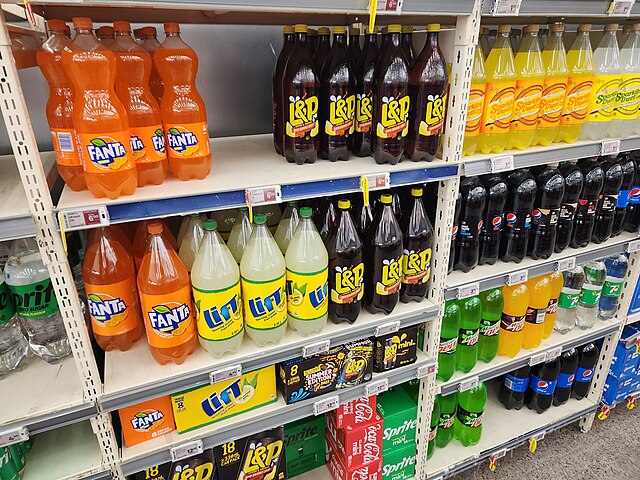The ingredients used in sodas such as Coca-Cola and Fanta have been scrutinized over the years for health issues across various countries. The ingredient, brominated vegetable oil, has been used since the 1930s in sodas, mainly citrus-flavored ones, to ensure that flavoring agents don’t float to the top of sodas. Bromine atoms stick to the oil’s triglyceride bonds so that the oil can free-flow in less dense fats through the water.
The FDA made BVO safe in the 1950s. However, since then, many countries worldwide, such as Japan, India, and much of Europe, have banned the ingredient over its effect on health issues, such as bromine buildup and heart and behavioral problems in animals when showing high concentrations. Bromine also prevents iodine from adequately functioning in areas such as the thyroid, which is necessary for metabolic rate, growth, and body development.
The FDA labeled BVO as “safe,” but scrutiny of its toxicity levels changed that to “limited.” BVO also relies on long-term studies to study its effects on the body, although the evidence proves that it needs to be regulated among brands.
Companies such as Coca-Cola and Pepsi have already started to remove the ingredient from their sodas. California has also introduced legislation that would ban the ingredient in the state, effective in 2027. Suitable substitutes have also been introduced to keep the flavor, making the ingredient likely to be abolished among manufacturers.
“The proposed action is an example of how the agency monitors emerging evidence and, as needed, conducts scientific research to investigate safety-related questions and takes regulatory action when the science does not support the continued safe use of additives in foods,” James Jones, FDA deputy commissioner for human foods, explained when announcing the proposal.









